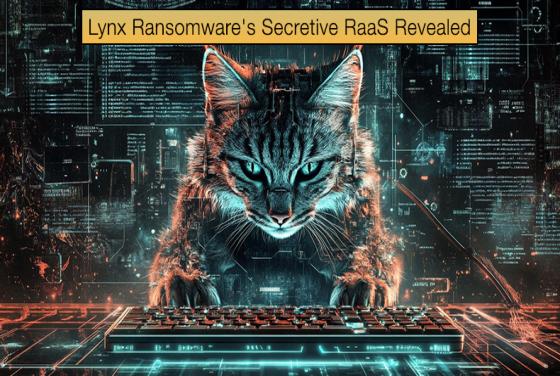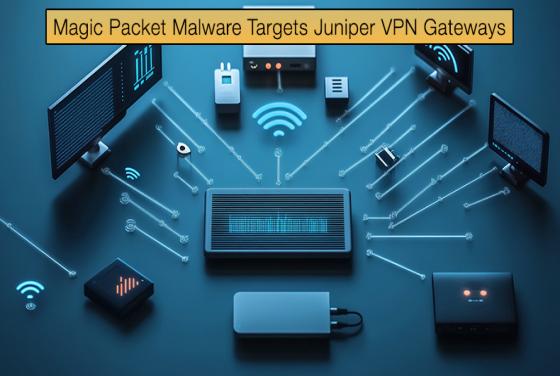

VanHelsing Ransomware Comes To Encrypt Data
Security firm Cyfirma has recently discovered a new ransomware-as-a-service (RaaS) called VanHelsing. Once a name given to mythical slayers of Vampires, VanHelsing is now attached to a criminal enterprise designed to siphon a business' lifeblood in return for decrypting data, which the threat actors








